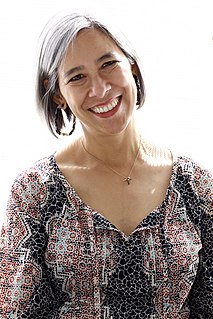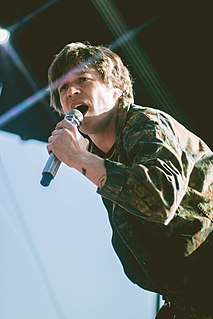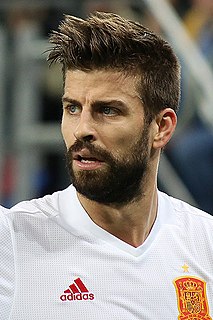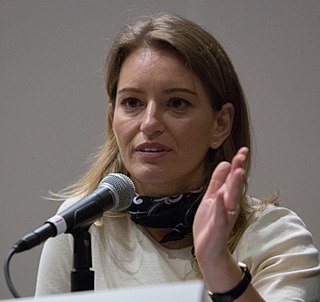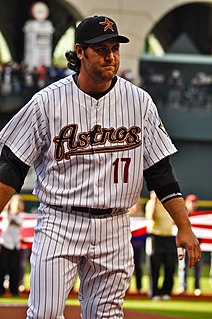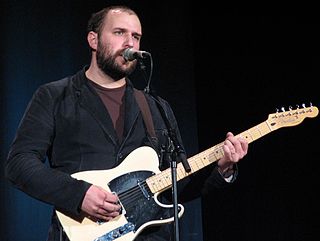A Quote by Susan Choi
I start with characters, and then I start writing, and then, if I'm lucky, things start to happen.
Related Quotes
With every song, all the elements have to work. First, the beat has to be great - you start there. You start with the music, and then the ideas follow. Then you start thinking of rhymes, and then you record it, and sometimes - this happens to me a lot - it doesn't come out as good as it did in my head when I first wrote it.
In my mind, only one inviolable precept exists in terms of being a successful writer: you have to write. The unspoken sub-laws of that one precept are: to write, you must start writing and then finish writing. And then, most likely, start writing all over again because this writing "thing" is one long and endless ride on a really weird (but pretty awesome) carousel. Cue the calliope music.
I don't hold with paddlin' with the occult," said Granny firmly. "Once you start paddlin' with the occult you start believing in spirits, and when you start believing in spirits you start believing in demons, and then before you know where you are you're believing in gods. And then you're in trouble." "But all them things exist," said Nanny Ogg. "That's no call to go around believing in them. It only encourages 'em.
There were a lot of lessons of production to be learned. On the page, the biggest thing you learn on any TV show is how to write to your cast. You write the show at the beginning with certain voices in your head and you have a way that you think the characters will be, and then you have an actor go out there, and you start watching dailies and episodes. Then, you start realizing what they can do and what they can't do, what they're good at and what they're not so good at, how they say things and what fits in their mouth, and you start tailoring the voice of the show to your cast.
When you're just starting out in the TV business, you don't know anything at all, and you think you're doing a better job than everyone else around you, and you just sort of presume that you're not getting the credit you deserve. And then when you start to get better, the pressure is extraordinary, and then you start to second-guess everything you do, and when people start looking to you for answers, for insight and for analysis and guidance, you start to wonder if you are the right person - even when you have all the information.
I write lyrics really fast. When it's time to write, I usually put them off until the very end and then when it's time to write I can just sit down: I sing the melody, whatever the melody is, because that's the first thing that's already been there for a long time; I start singing it and I start creating consonants and vowels; then they turn into words; then all of the sudden one sentence will happen; then that sentence will dictate how the rest of the sentences happen.
I think any start has to be a false start because really there’s no way to start. You just have to force yourself to sit down and turn off the quality censor. And you have to keep the censor off, or you start second-guessing every other sentence. Sometimes the suspicion of a possible false start comes through, and you have to suppress it to keep writing. But it gets more persistent. And the moment you know it’s really a false start is when you start … it’s hard to put into words.
On past records I usually did start with a story or an idea for a song and then write around it, but on Achilles' Heel I would just start writing and try to let the song and my sub-conscience determine the direction. which is a goofy way of saying I tried not to decide before hand what the song and or the characters would do and be like.
